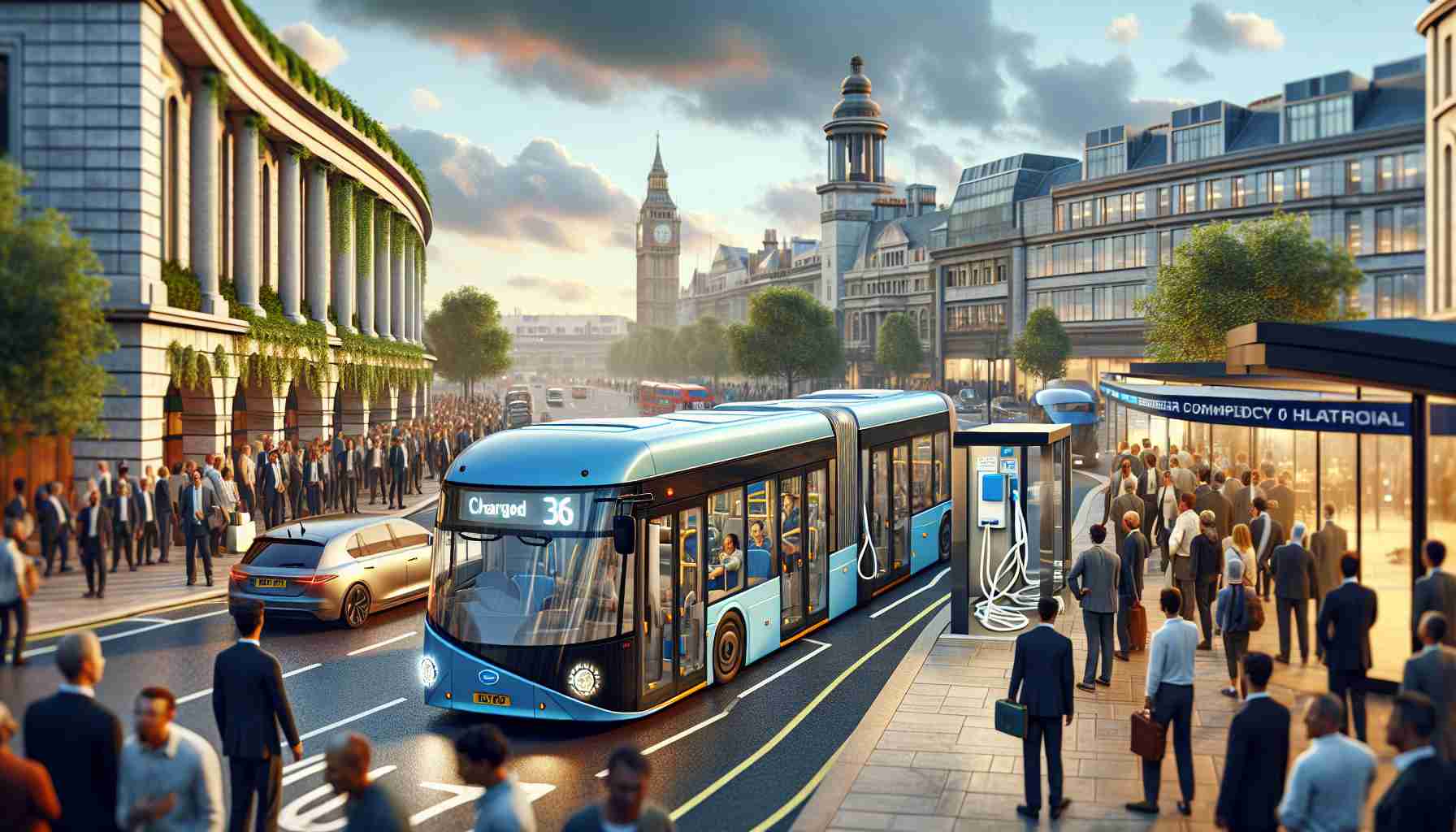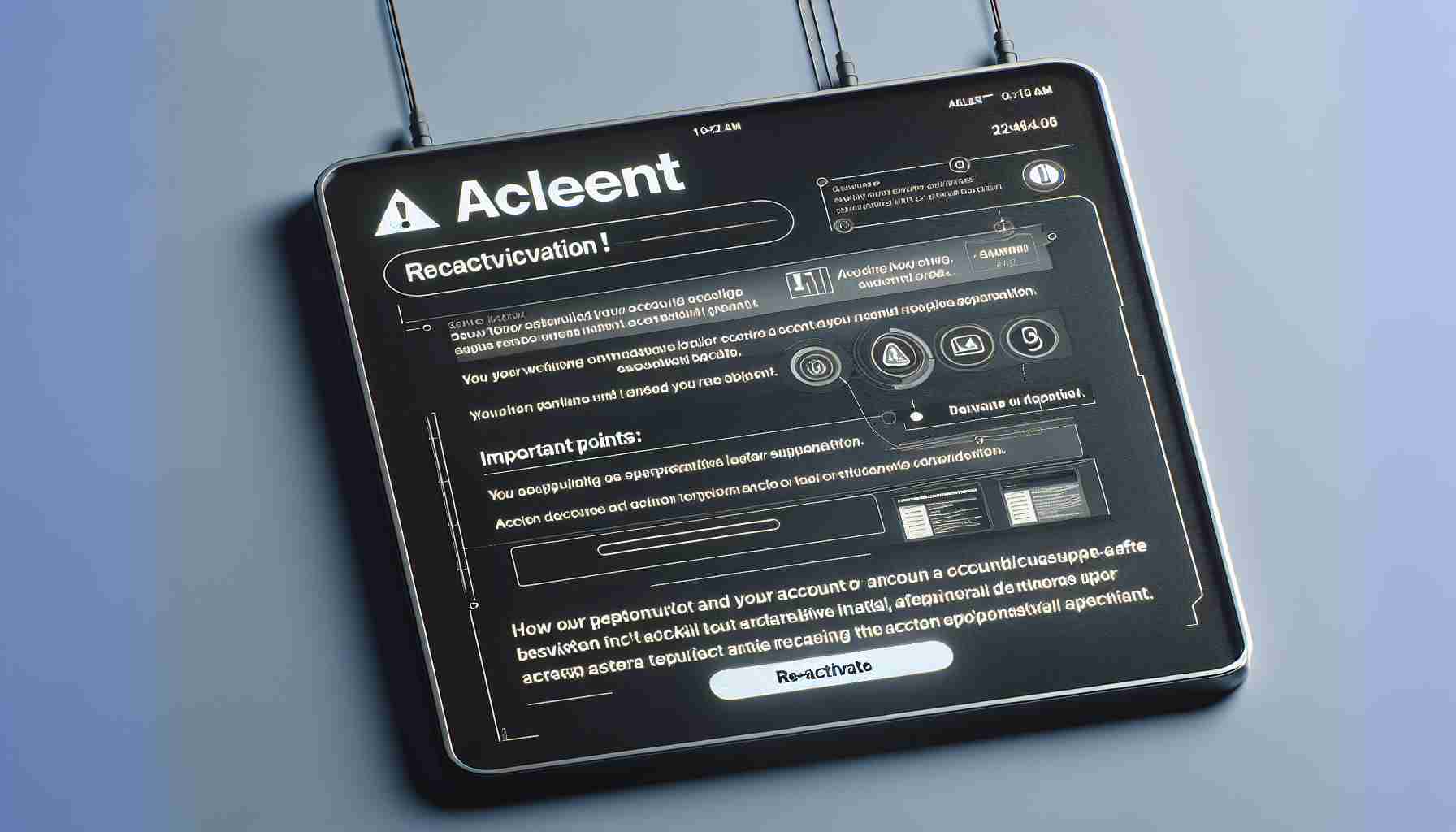Fiat, a brand synonymous with Italian automotive ingenuity, is perhaps best known for its compact cars. However, its foray into 4×4 pickup trucks showcases its versatility and commitment to diverse market needs. The Fiat Fullback is one such example that reflects Fiat’s ability to blend practicality with off-road capability.
Launched in collaboration with Mitsubishi, the Fiat Fullback hit the markets in 2016, drawing from the robust underpinnings of the Mitsubishi L200. This collaboration ensured that the Fullback inherited the rugged durability necessary for a reliable 4×4 pickup. The Fullback was available with a variety of configurations and engines, allowing versatility for different consumer needs, whether for commercial use or leisure.
One of the standout features of the Fullback was its superior towing capacity and off-road prowess, thanks to a powerful engine lineup, including a 2.4-liter turbo diesel option. Additionally, it offered modern amenities and a comfortable interior, distinguishing it from typical utilitarian trucks.
While production ceased in 2019, the Fullback remains a symbol of Fiat’s adaptive strategy in the global automotive marketplace. The vehicle’s design reflects a harmonious balance between ruggedness and Fiat’s inherent sense of style.
For those interested in the used car market, the Fiat Fullback often surfaces as a viable option for those searching for a dependable and versatile 4×4 pickup, further reinforcing the vehicle’s enduring appeal. Through the Fullback, Fiat demonstrated that even traditional car manufacturers could successfully step into the realm of robust 4×4 trucks with innovation and flair.
The Unseen Impact of Fiat’s Foray into 4×4 Pickups
Fiat’s foray into the realm of 4×4 pickup trucks, with the launch of the Fullback, had a ripple effect reaching beyond just adding to their product lineup. The Fiat Fullback’s entry marked a significant influence on markets where pickup trucks were not just vehicles but integral to local economies and lifestyles.
Local Economic Influence: Fiat’s collaboration with Mitsubishi, leveraging the L200 platform, did more than provide a sturdy pickup; it fostered new economic exchanges. This collaboration allowed countries in the production network to benefit economically through job creation and technology exchange, enhancing the automotive industry’s growth in those regions.
Cultural Adaptation: In regions where pickup trucks are central to daily life and industry, like parts of Asia, Africa, and the Middle East, the Fiat Fullback catered to a unique blend of utility and style. This was particularly appealing in markets traditionally dominated by utilitarian vehicles, as the Fullback offered modern amenities and Italian design flair.
Environmental and Political Considerations: The discontinuation of the Fullback in 2019 reflects broader shifts within the automotive industry towards more environmentally sustainable models. Consumers and manufacturers are increasingly prioritizing lower carbon footprints and more efficient technologies.
Controversies and Criticisms: Despite its success, some critics claimed the Fullback was simply a rebadged version of the Mitsubishi L200, raising questions about brand authenticity. Such collaborations, however, highlight strategic partnerships aimed at resource optimization.
For those interested in the dynamics of automotive markets and partnerships, the study of vehicles like the Fullback is crucial. To explore more about Fiat and its endeavors, visit the official Fiat website.






















